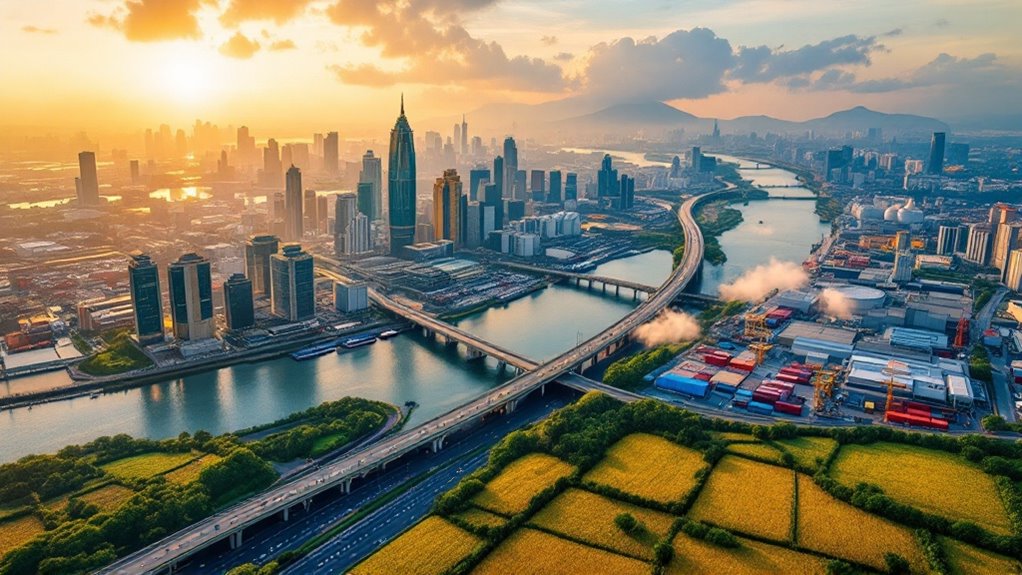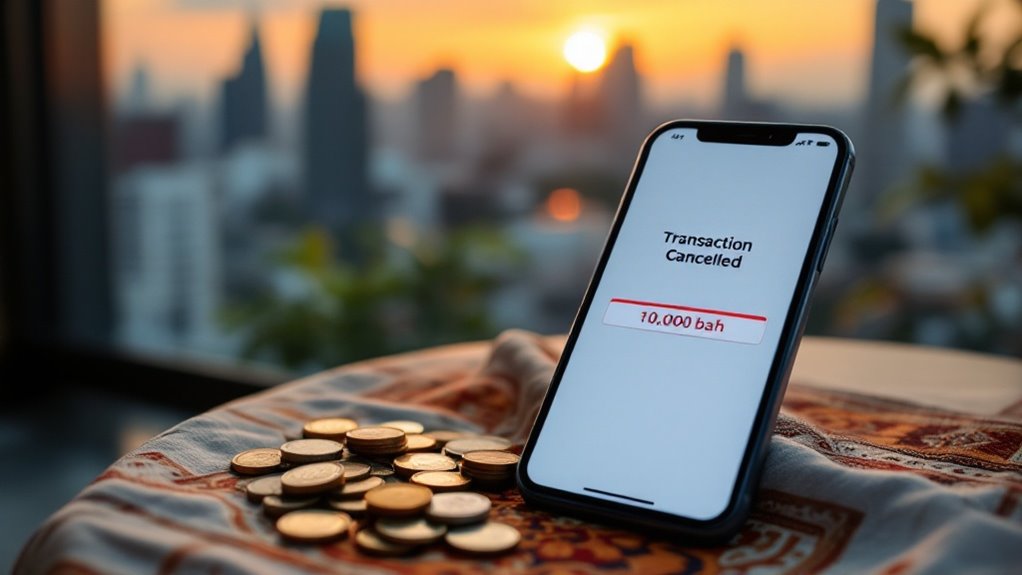At DMI 2025, Indonesia intensifies its engagement with Europe by expanding its exhibition footprint, empowering its travel and tourism industry, and fostering direct links between Indonesian exhibitors and European buyers through targeted roadshows. The government and industry associations collaborate to enhance Indonesia’s position in international tourism and trade, while urging rapid progress on the Indonesia-EU trade agreement amid global supply challenges and new EU leadership. Further details explore how this approach shapes future economic and diplomatic ties.
As 2025 unfolds, Indonesia is intensifying its engagement with Europe by expanding the Destination Market Indonesia (DMI) 2025 event, aiming to strengthen long-term ties in tourism and trade across the continent. This expansion marks a deliberate strategy to create enduring connections within Europe’s tourism and business sectors.
A formal partnership between DMI and the Indonesia Exhibition Companies Association (IECA) has been established to boost Indonesia’s presence on the international exhibition calendar, targeting key European markets. Complementing the core event, a series of post-show roadshows, coordinated in collaboration with Indonesian embassies across European capitals, are designed to facilitate direct links between Indonesian exhibitors and European buyers, increasing opportunities for concrete business agreements. The post-show roadshows will provide exhibitors with direct access to potential partners and buyers across Europe, maximizing outreach and impact.
Indonesia’s travel and tourism industry is adopting a proactive stance at DMI 2025, seeking to decrease its reliance on government-led efforts by empowering industry stakeholders to lead growth initiatives. The Indonesian Exhibition Organizers Association (GIPI) is charged with the curation of sellers and the selection of buyers, an approach that sharpens participant engagement and enhances the event’s targeted impact.
DMI 2025 empowers industry leaders to drive growth, with GIPI curating sellers and buyers for sharper, more targeted engagement.
On the trade front, the European Parliament’s International Trade Committee visited Indonesia in April 2025 to discuss the trajectory of EU-Indonesia economic relations, with a focus on advancing the Indonesia-EU Extensive Economic Partnership Agreement (IEU-CEPA). Delegation meetings involved key Indonesian ministries, legislators, and civil society representatives, aiming for enhanced mutual understanding and progress on outstanding issues such as sustainability standards and raw materials trade. Notably, the delegation held stakeholder engagement sessions with both business and civil society actors to gather insights on challenges and opportunities in the market.
The delegation’s composition, which included seven Members of the European Parliament from various political affiliations, emphasized broad-based EU interest in the bilateral agenda.
The year 2025 is considered pivotal for EU-Indonesia relations, given the emergence of new political leadership on both sides and ongoing disputes over EU sustainability measures and Indonesia’s raw materials policies. Negotiations now center on balanced concessions regarding environmental regulations, raw material access, and clean technology collaboration.
Indonesia has called for renewed urgency in finalizing trade agreements, citing the rise of global trade restrictions and shifting geopolitical dynamics. The IEU-CEPA negotiations are seen as critical, especially as global tariff developments highlight the necessity of securing robust, mutually advantageous trade frameworks.









